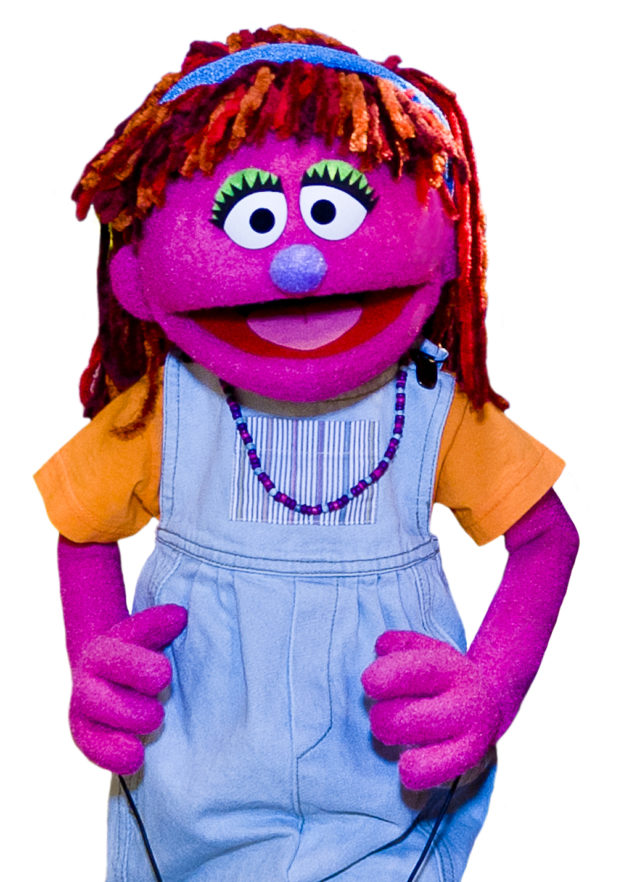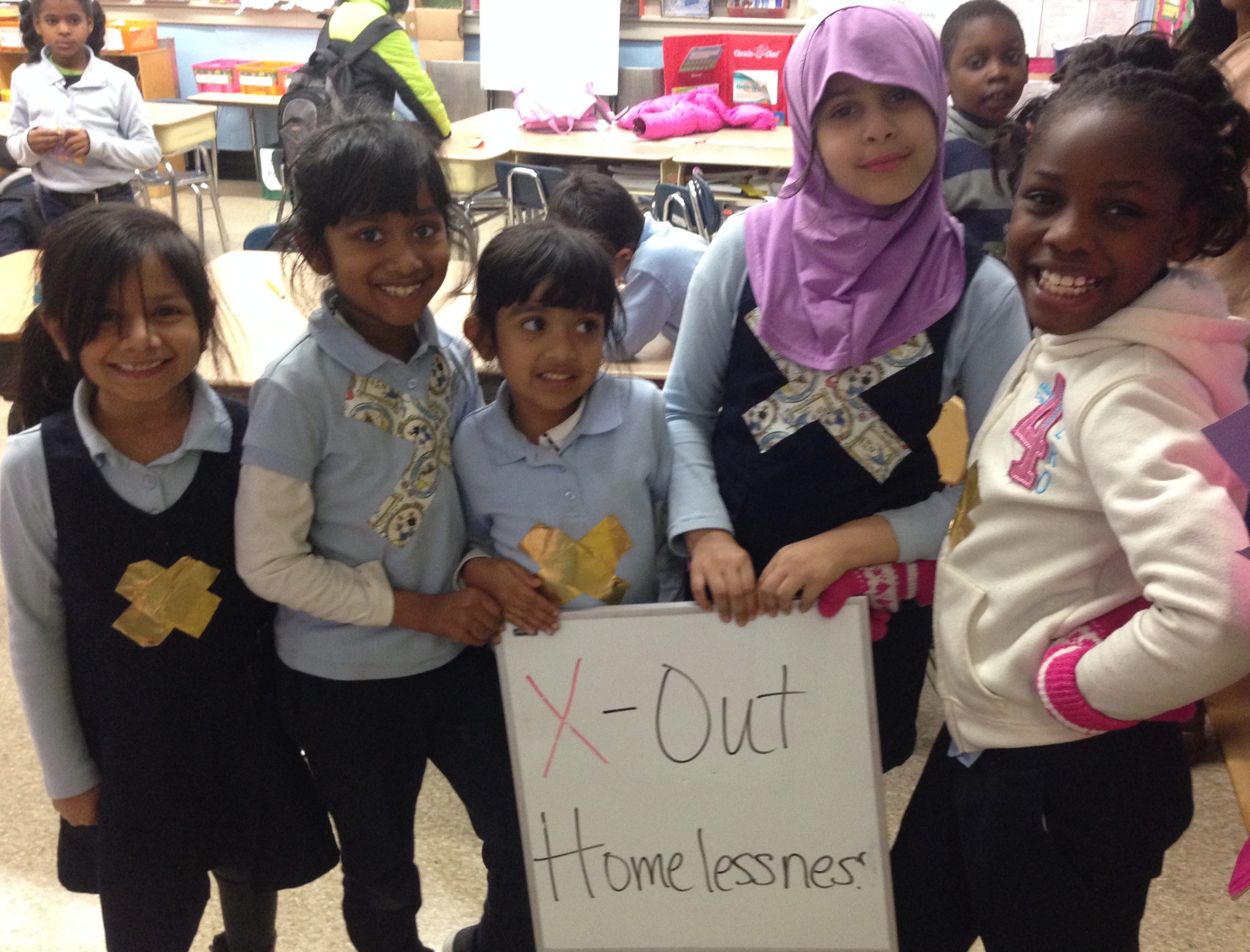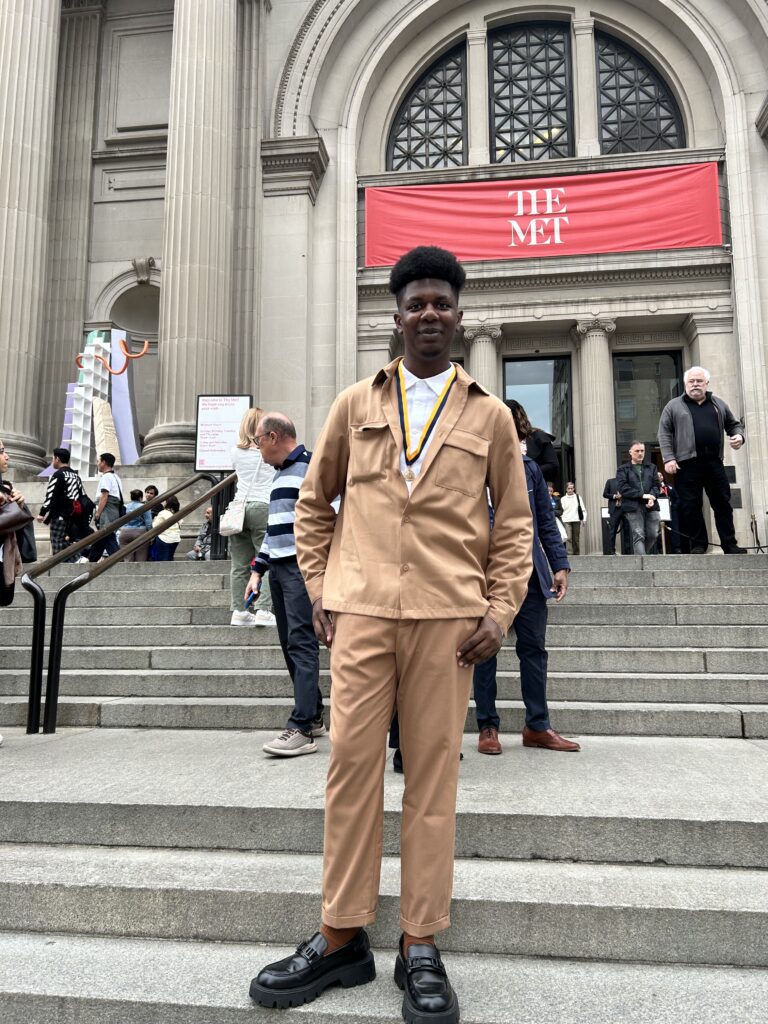 I came to The Child Center of NY when I was 14. Five years later, I’ve come a long way to be where I am now, talking about my journey and my healing through therapy. Some of it is hard to talk about, and some of it I have a hard time remembering, as a symptom of my post-traumatic stress disorder. It’s difficult to look back to the memories I do have, because I’ve matured a lot and have become a very different person. I can hardly imagine being the girl I was back then.
I came to The Child Center of NY when I was 14. Five years later, I’ve come a long way to be where I am now, talking about my journey and my healing through therapy. Some of it is hard to talk about, and some of it I have a hard time remembering, as a symptom of my post-traumatic stress disorder. It’s difficult to look back to the memories I do have, because I’ve matured a lot and have become a very different person. I can hardly imagine being the girl I was back then.
I started therapy at The Child Center’s Flushing Clinic as a result of a referral from my school. I felt lonely and empty. Everybody I knew called me weird, and I had no friends. To some, I may have just seemed edgy, but I had been suicidal and imagined different ways to kill myself. Now those feelings seem impossible. The helplessness I felt at the time seems so far away when I look back, as if I had dreamed it up.
My mother is a Chinese immigrant, and my father is a Hispanic American. When I was six, my mother left him due to the physical and emotional abuse she, my brother, and I had been subject to. We moved from shelter to shelter, and I transferred from school to school, where I was ridiculed and bullied by my classmates. At home, I resented my mother for her favoritism of my older brother. In Chinese families, the first-born son is always the favorite, and the women always come second. It was hard to connect to my mother anyway; we had different ideals. I was a self-described “daddy’s girl” at the time, and I idolized my father and thought that he was the only one who really understood me. But he had never been financially responsible or emotionally available for my needs. I was enmeshed in multilayered ethnic and cultural conflicts, value systems, and moral confusion. I trusted no one and did not identify with my peers. I didn’t even relate to my family.
Then I met my therapist who, through talking and sharing my thoughts, I created a bond of trust with. She was also a bridge that connected my mother and me, as she was Chinese and could understand the more traditional values of being Chinese. She helped me reconcile some aspects of being a Chinese American. Suddenly I didn’t feel so left out, especially as someone who wasn’t fully Chinese. I developed a sense of hope through her acceptance of who I was and was getting better.
However, the road to becoming stronger than my depression or anxiety was far from over. My paternal aunts denied my mental illness and tried to violently exorcise me. It is one of the darkest moments in my life, and to this day it still affects me. I had my physical and emotional control ripped from my hands, and my support cut off completely. I attempted suicide twice. I worked through the challenges I faced in the aftermath with my therapist — the nightmares and all, and through that I became stronger than what I felt. I cut contact completely with my paternal family, and I started to heal. Wounds became scabs, became scars.
But my story doesn’t end there. Even though I was improving every step of the way — my grades were up, I was volunteering and working in summer, and I was even applying to college — I had also been slowly piecing together, through journaling and voice recording, some scattered traumatic memories. And even though I still doubt it sometimes, there is undeniable evidence that my father sexually molested and abused me in some way when I was a child. I will probably never know what happened in detail, nor do I ever want to. But it was truly a milestone revelation. I experienced a therapeutic catharsis through finding and talking about it, but I would have never gotten this far without the trust I had in my therapist. I would have never verbalized the doubts and fears I had otherwise. And without her support through the aftermath, knowing that she would be there if I felt depressed, I don’t know how I would have coped.
As I worked through my feelings and emotions, I began to change my outfit and diet, and soon I began looking like your average teenager. I started to focus on better things in life, things that I had always loved, like animals. I started meeting new friends, I came closer to terms with the multicultural conflict in my life, and I even grew out of my brother’s shadow. Soon I graduated high school and started my first year at Hunter College. Currently I am in my second year of college, majoring in psychology with a concentration in animal behavior. I’ve made so many new friends, and I’m excited to see what life has in store for me.

 Sesame Street enjoys a well-earned reputation as a trailblazer not only in children’s television, but also in our society at large. From its portrayal and integration of BIPOC (Black, Indigenous, (and) People of Color) characters in the 1970s to its more recent additions of characters with autism or incarcerated parents, it has a history of changing hearts and minds — as well as public policy. The iconic show is well on its way to doing just that for people experiencing homelessness, through the character of Lily, a 7-year-old girl whose family has lost their apartment and is living with friends, moving from home to home. Here are some things we hope Lily’s portrayal goes on to include.
Sesame Street enjoys a well-earned reputation as a trailblazer not only in children’s television, but also in our society at large. From its portrayal and integration of BIPOC (Black, Indigenous, (and) People of Color) characters in the 1970s to its more recent additions of characters with autism or incarcerated parents, it has a history of changing hearts and minds — as well as public policy. The iconic show is well on its way to doing just that for people experiencing homelessness, through the character of Lily, a 7-year-old girl whose family has lost their apartment and is living with friends, moving from home to home. Here are some things we hope Lily’s portrayal goes on to include. 






You must be logged in to post a comment.